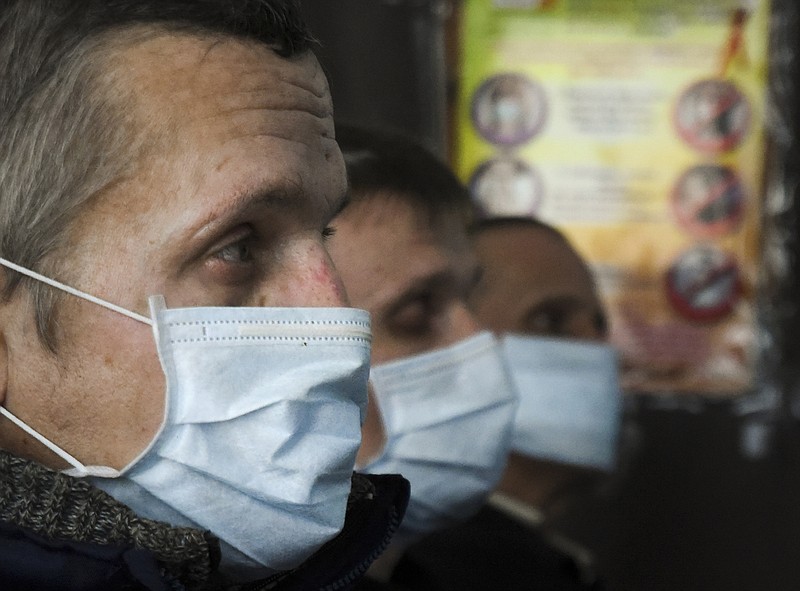Tuberculosis cases in Georgia and Tennessee
Georgia had 340 cases of TB in 2013, the most recent data available, and Tennessee had 142.
North Georgia health officials have identified a case of active tuberculosis in a Whitfield County resident.
The infected individual - who officials have not publicly identified - is receiving medication to treat the illness, said health district spokeswoman Jennifer King.
King said health officials have begun locating people who may have come into contact with the sick person, starting with the closest contacts and those most at-risk for infection.
The health department has mailed letters to people who may have been exposed, and will perform tests and treatment as needed.
At this point in the investigation, health officials have not detected any further spread of TB related to this particular case.
"The good news is that TB is very curable and we are expecting this individual will make a full recovery," King said.
She did not say where the patient may have contracted the illness.
TB is a bacterial illness that spreads through the air. The only way to contract the disease is by close contact with someone who has an active case of the disease.
It cannot be spread by contact with someone's clothing, drinking glass, eating utensils, handshake, toilet or other surfaces, King said.
Symptoms of TB can include a cough of longer than three weeks, unexplained weight loss, night sweats, chills, fever and coughing up blood.
"TB disease progresses over the course of weeks or months, so there is no immediate risk to the public," said Dr. David Holland, a medical consultant with the Georgia Tuberculosis Program, which has been monitoring the case.
TB disease is typically treated for six to nine months with antibiotics. A person with TB will become non-contagious within a few days to weeks of effective treatment and will be able to return to normal activities without risk to others while completing treatment.
